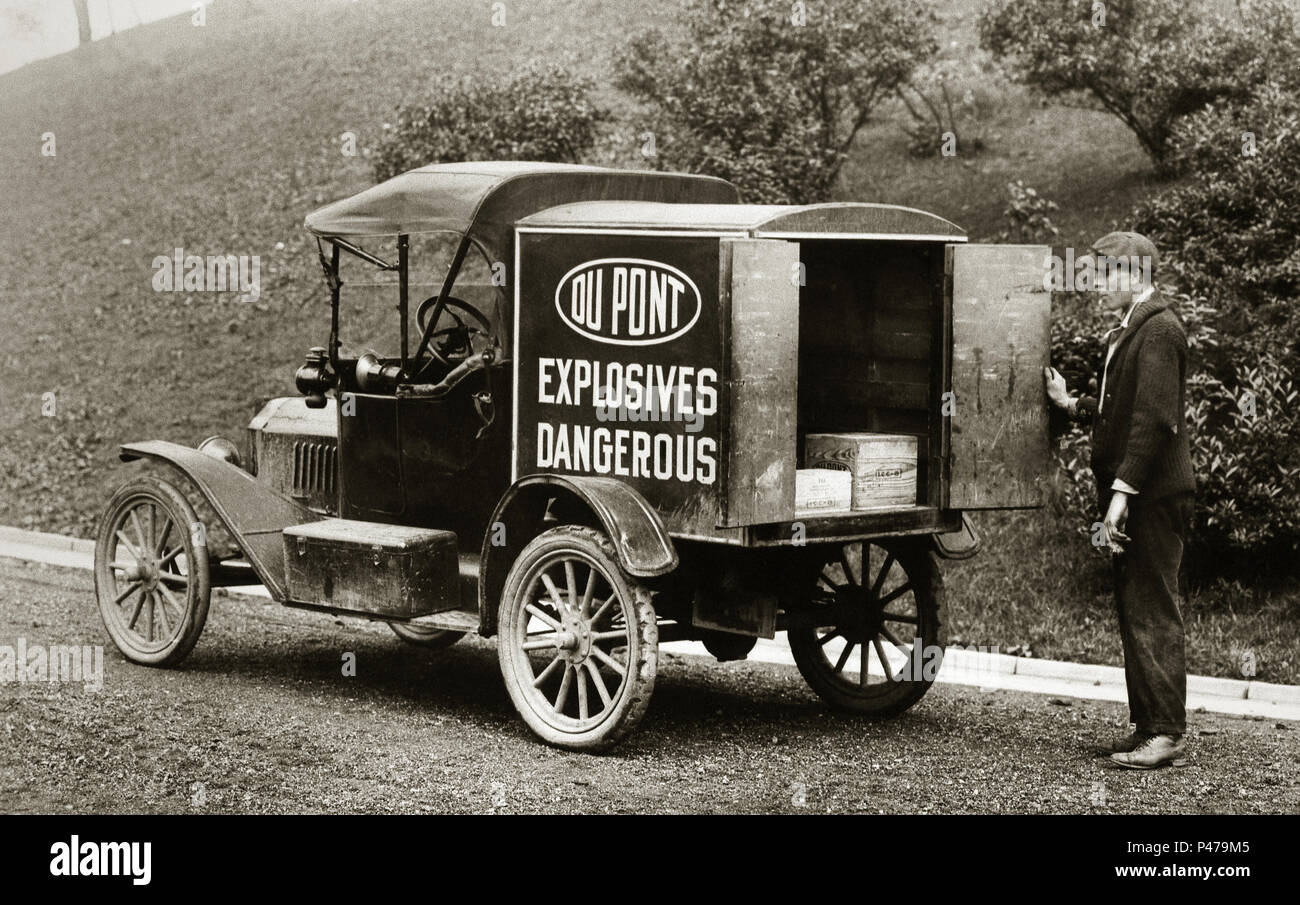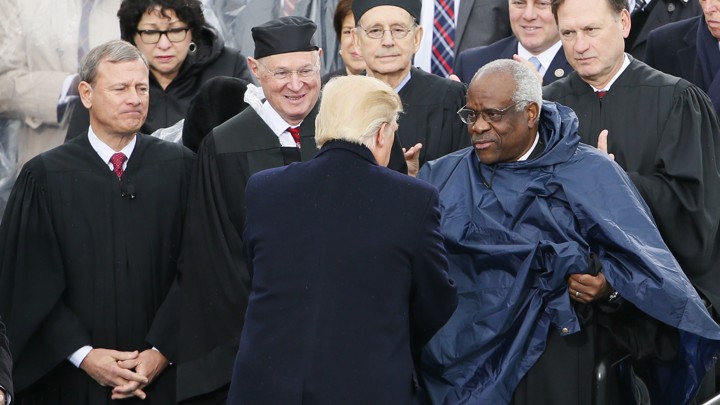The French born Chemist E. I. du Pont arrived in the United States on January 1st 1800, a symbolic date for several reasons. (Aaron Burr came within a hair’s breadth of becoming president in the election of that year). In 1802 he established a factory in Wilmington Delaware to manufacture gun powder, using the improved formula of his mentor, the celebrated French chemist Antoine Lavoisier.
He was soon the major supplier of gun powder to the United States Army and Navy, the beginning of the close relationship between DuPont and the US government. It soon became the major economic and political force in the state.

The state of Delaware, the first state to ratify the US Constitution, takes its name from a early governor of Virginia Colony, the Baron De La Warr. DuPont was and is Delaware.
A giant like DuPont did not limit its influence to a single state, and the impoverished state of West Virginia soon felt its presence.
Which brings us to Henrik Ibsen’s 1882 play, An Enemy of the People. A doctor alerts the community to a health hazard in a local spa. The whole town was economically dependent on the income from the spa. The doctor becomes the most hated man in town.
A Civil Action and Erin Brockovich had similar themes. Both were based on true stories.

Dark Waters continues in the same, truthful tradition. And that is the problem with this well made but rather uninvolved production,. The villain is a same kind heartless corporation which ignores the health of its own employees as well as the public in pursuit of the dollar. Like in A Civil Action, the general on the side of the angels is a lawyer.
The remedies are not to be found in heaven, but in the courts. Courts now independent, but undergoing a corruption by an executive determined to undermine that independence. The Chief Justice of the United States has already sounded the alarm.
However, if the polluters already control the White House and the Senate, how long will it be before they control the courts? When that happens and the victims have no recourse, will there be a call to arms?

Mark Ruffalo plays Robert Bilott, a junior partner in a large and powerful Cincinnati law firm that represents corporations. He reluctantly accepts a client with a hometown connection. Parkersburg West Virginia. Wilbur Tennant arrives in his office with a box of video evidence and a major complaint against DuPont. It seems the chemical giant lied about the toxicity of the refuge to be dumped on his farm under a contractual agreement. The groundwater is polluted.
What follows is a two decade legal battle which as not ended. Time is marked by Bilott’s family. When he takes the case his son is an infant. When the film ends he is an adult.
Bilott finally cracks from the pressure. The opposing lawyers for DuPont do not even play by their own rules.
The pollutant was a byproduct of the chemical used in making teflon, PEOA. The chemical is present in the bodies of every man, woman and child on the planet thanks to Dupont, which knew it was harmful, but continued to allow employees to be exposed, even in light of birth defects, cancers and other diseases.

The story really has not ended. It will be played out for years and years to come, as long as huge and powerful corporations are allowed to cause death and misery with no accountability. Financial judgments are not justice. Wilber Tennant, the farmer who began the story, whose farm and life were destroyed by Dupont, did not live to see his part of the drama end. Cancer took him.
The triumph felt at the film’s conclusion is a hollow one. How much did the good guys really win?
It will take another type Nuremberg Tribunal to deal with the polluters. Murders should not go free.
